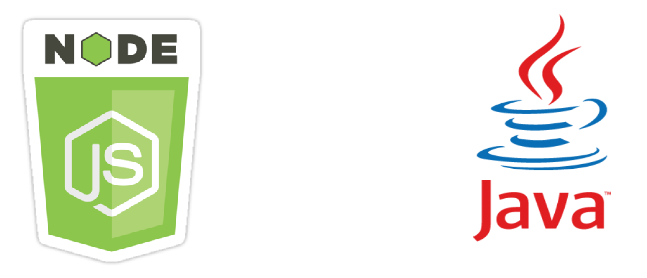How to use controller to redirect customers to another URL in Magento 2
In Magento 2, you can use the following code to redirect customers to another URL with the help of controller: Continue Reading

In Magento 2, you can use the following code to redirect customers to another URL with the help of controller: Continue Reading

There are at least two use cases in this situation. In Magento 2 you can custom mini-libraries with such short popular global functions as rm_customer_logged_in(): Continue Reading

In Magento 2 there are several ways of showing and hiding blocks conditionally. If its visibility depends on a configuration settings value, use the expression in your layout file: Continue Reading

Unfortunately, Magento 2 offers a more complicated solution for checking whether you are in the admin panel.

To include the module name in Magento 2, you should use the following code: Continue Reading

Magento 2 has been released, so we are trying to dig more useful materials related to the new version of the popular ecommerce platform. This time, our attention has been drawn to related to Magento 2 testing, so we’ve also decided to cover this topic on the Firebear blog. For those developers willing to improve the quality of their Magento 2 projects, testing is mandatory; therefore, we propose you to examine the following Magento 2 guide, which is based on the aforementioned article, , as well as our own experience related to both the Magento 2 platform and testing.
UPD (11.02.16): Magento 2 code katas and Getting your hands dirty testing Magento 2

You must have noticed that due to recent discussions over Node.js competitiveness, we have been comparing it to other programming languages to find out what contemporary developers should learn and subsequently work with. Therefore, we have made up our mind to talk about advantages of creating web-applications with the assistance of Node.js and Java. Continue Reading

Here, on the Firebear blog, we are exploring such interesting phenomenon as Node.js. In the appropriate category on our website, you can already find a lot of information about Node.js Hosting Solutions, Frameworks and Tools, Ecommerce Platforms, CMSs, Debuggers, and more. But today we are going to introduce you to something new – Node.js tools for application monitoring. Continue Reading

Two potential security vulnerabilities have been discovered recently in the Magento ecosystem.
The first one is Nginx, but don’t panic, as this problem affects only some misconfigured Magento sites. Because of the misconfiguration, hackers get access to the Magento cache system. Please note, that cache files can contain such sensitive information as Magento database passwords: with this data, malefactors can access your Magento installation and as a result customer information. Continue Reading

In software development, the process of finding and resolving bugs is called debugging. Since various defects prevent whole systems from correct operation, the role of debugging is difficult to overestimate. The complexity of this process depends on several factors, such as the size of the system, its structure, the way how it interacts with other systems, etc. Therefore, modern developers know and use a lot of debugging techniques and tools. In the following post, we discuss basic aspects related to this complicated process and introduce you to the most reliable debugging tools for Node.js. Let’s start our journey with the debugging algorithm. Continue Reading